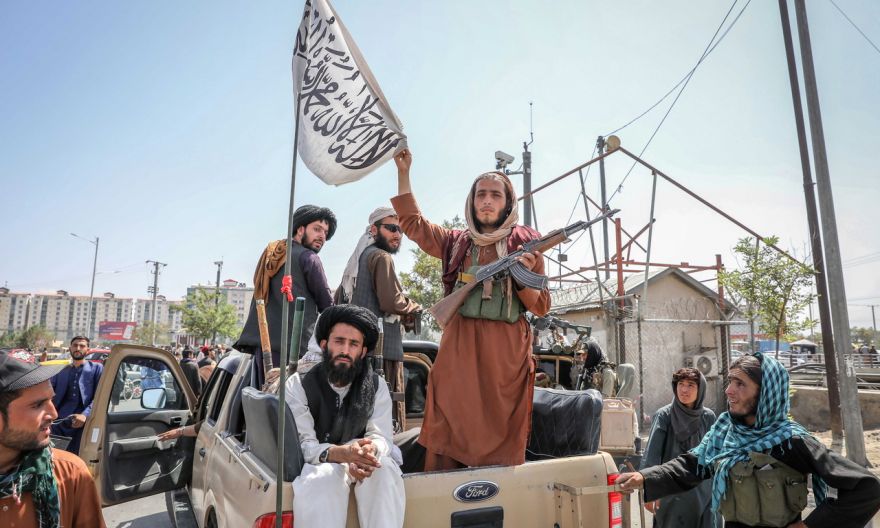S’pore hopes Afghan political transition will be peaceful: Vivian Balakrishnan

SINGAPORE – Singapore hopes that the political transition in Afghanistan will be peaceful, with minimum bloodshed, Foreign Minister Vivian Balakrishnan said on Monday (Aug 16).
Ultimately, it is the Afghan people who have to decide their own future, he said in an interview with The Straits Times, Lianhe Zaobao, Berita Harian and Tamil Murasu.
Dr Balakrishnan added the situation in Afghanistan is a reminder that political will and strong leadership are essential to a country’s survival.
“Without the will to fight for what is yours, and without the leadership to be able to unify and mobilise, you will not survive.”
The minister was asked for his assessment of the situation as the Taleban, a hardline Islamist movement, entered Kabul on Sunday as United States-led forces departed, and Western nations scrambled to evacuate thousands of their citizens.
US President Joe Biden had set a formal end to his country’s 20-year military mission in Afghanistan, disengaging from a conflict that started after terrorist group Al-Qaeda attacked the US on September 11, 2001.
Dr Balakrishnan said that while the outcome in Afghanistan is not surprising, the “pace of collapse” has been faster than what many expected. Yet from a historical point of view, it is not a new phenomenon, he said.
Citing the aphorism “the graveyard of empires” that has been associated with the country, he observed how many powers have attempted to invade Afghanistan without maintaining a stable, permanent rule – from Alexander the Great over 2,000 years ago, to the British empire in the 19th century, and more recently the former Soviet Union and the US.
“It (Afghanistan) has never been a nation state in the Western classical tradition. It has always been a fulcrum in Central Asia,” he said.
“Invaders have come and gone, its own people have been divided into tribes… and have always refused to succumb to external strictures, forms of government or political systems.”
As to the possible implications for the region, he said extremism and terrorism remain “clear and present dangers” in Southeast Asia, with or without Afghanistan.
“We will have to watch this very closely. It would be a tragedy if it (Afghanistan) becomes a hotbed of extremism and terrorism, and it is worth remembering that this was precisely the trigger that caused America to go there 20 years ago.”
This also shows why Singapore does not brook foreign interference in its affairs, said the minister. He added that it is necessary for a multiracial and multi-religious country such as Singapore to constantly work to achieve unity among its people, as well as the right to determine its future.
“Foreign policy begins at home. You have to settle questions of identity, unity and confidence – and then you engage the world, chase opportunities, and have things to defend,” he said. “You must have the will to defend them, and you must have leadership. Then you can secure peace and prosperity, happiness and fairness.”



